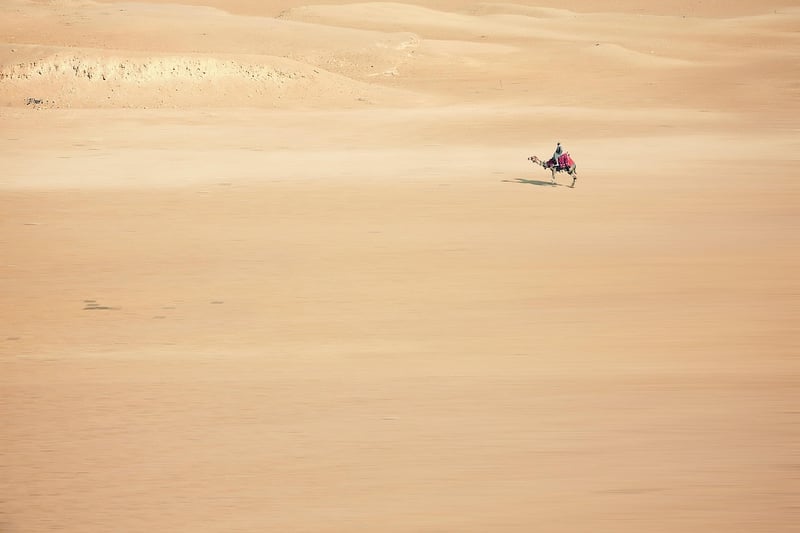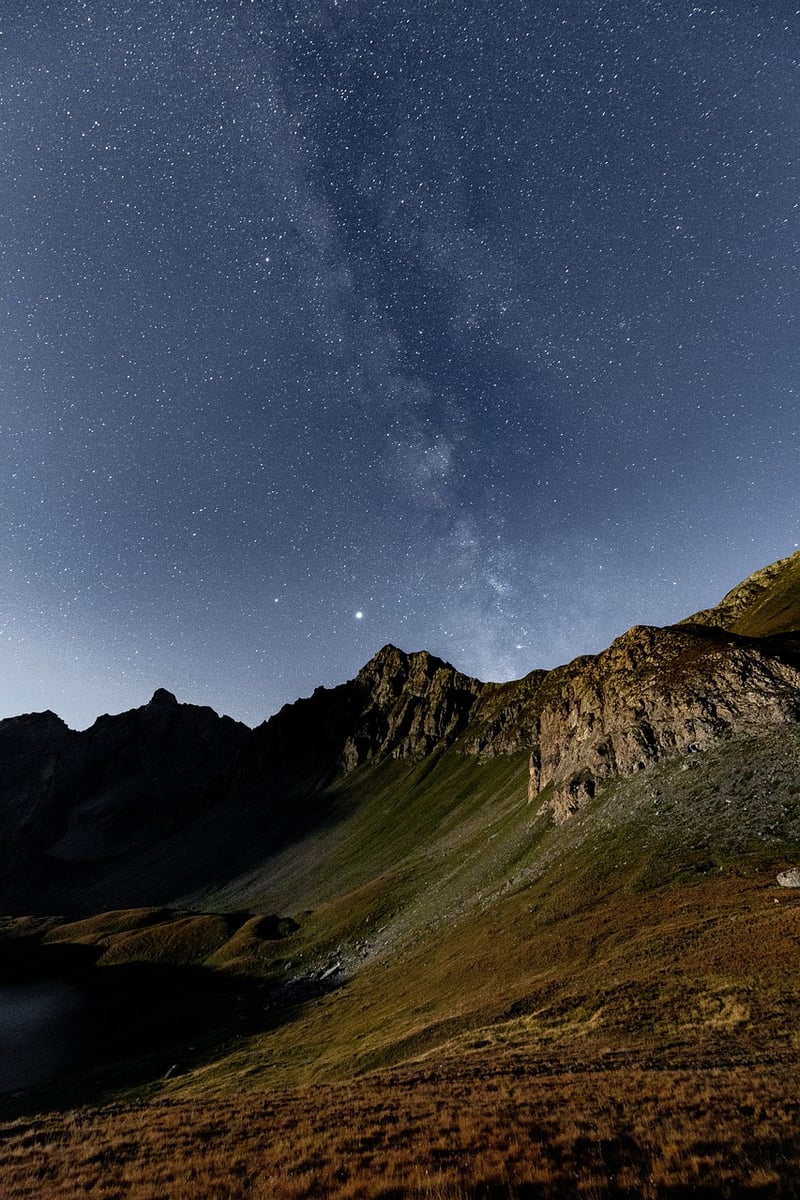Future Exploration
Exploring Different Eras and Future Exploration
Introduction
Exploring different eras and future exploration are fascinating topics that captivate the human imagination. From ancient civilizations to modern space exploration, the quest for knowledge and discovery has shaped our understanding of the world and the universe. Let's delve into the various eras of exploration and ponder the possibilities that future exploration holds.
Ancient Exploration
Ancient civilizations like the Egyptians, Greeks, and Romans were pioneers of exploration in their time. They sailed the seas, mapped territories, and established trade routes that connected distant lands. The exploration of the ancient world laid the foundation for future discoveries and cultural exchanges.

Age of Discovery
The Age of Discovery in the 15th to 17th centuries marked a period of unprecedented exploration and expansion. Explorers like Christopher Columbus, Vasco da Gama, and Ferdinand Magellan embarked on voyages that led to the discovery of new continents and the establishment of global trade routes.

Space Exploration
Space exploration represents humanity's quest to understand the cosmos beyond Earth. From the first moon landing in 1969 to the exploration of Mars and beyond, space agencies like NASA and SpaceX continue to push the boundaries of what is possible in the realm of space travel.

Future Exploration
The future of exploration holds exciting possibilities, from manned missions to Mars to the search for extraterrestrial life. Advancements in technology, such as artificial intelligence and space tourism, are poised to revolutionize how we explore and interact with the universe.
Conclusion
Exploring different eras and future exploration showcases humanity's enduring curiosity and thirst for knowledge. As we look back on the achievements of the past and gaze towards the stars of the future, the spirit of exploration continues to inspire us to dream big and reach for the unknown.
